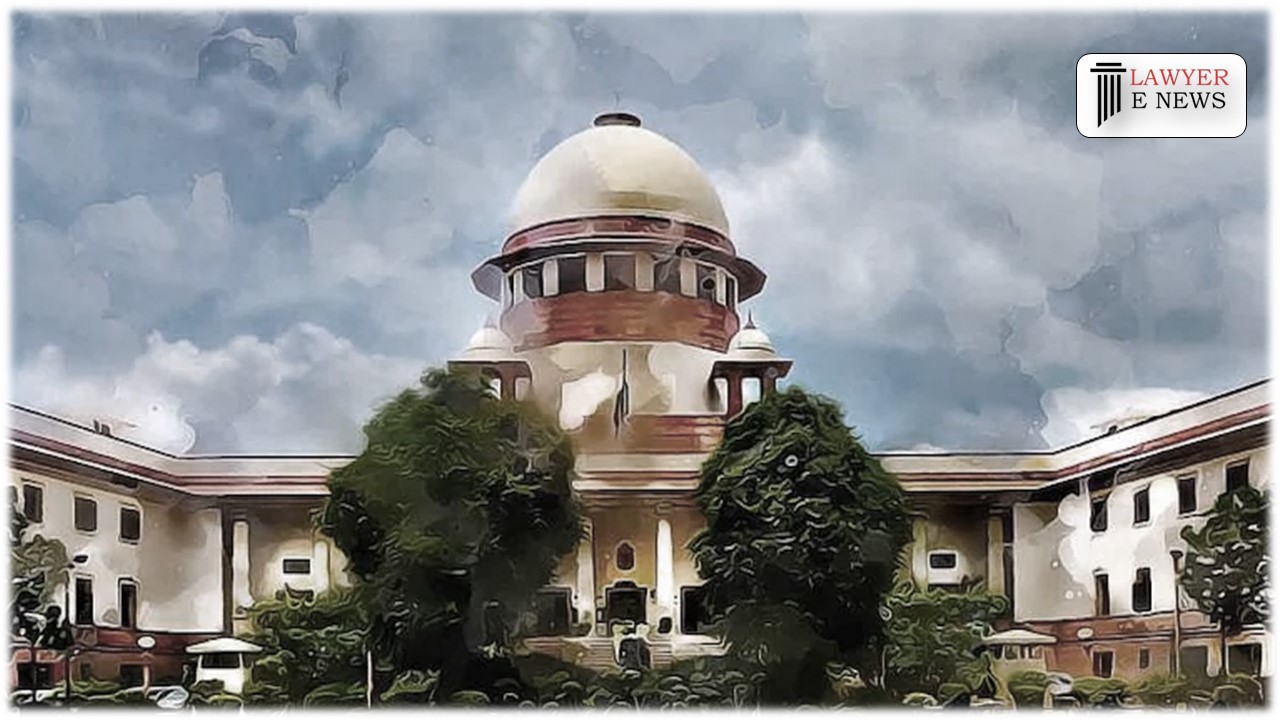-
by Admin
16 February 2026 1:47 PM



In a significant judgment, the Supreme Court of India has dissolved a marriage citing the grounds of ‘irretrievable breakdown’. This decision in the case of Xxx VS Xxx (2024 INSC 55) marks a pivotal moment in the interpretation of matrimonial laws in India.
The bench, comprising Justices B.R. Gavai and Prashant Kumar Mishra, emphasized the long separation of almost 13 years between the parties, during which there was no communication, as a key factor in their decision. “We have no hesitation in holding that the present is a case of irretrievable breakdown of marriage as there is no possibility of the couple staying together,” the bench observed (Para 15).
The case came to the Supreme Court after both the Family Court and the High Court dismissed the appellant’s plea for divorce on the grounds of cruelty and desertion. In an unusual turn, the Supreme Court chose to focus on the ‘irretrievable breakdown’ of the marriage, noting that the respondent-wife had consistently failed to appear in various judicial proceedings, which was seen as an indication of her lack of interest in continuing the marital relationship.
Justice Prashant Kumar Mishra, delivering the judgment, stated, “The respondent-wife is not even responding to the summons issued by the courts. It seems she is no longer interested in continuing the marital relations with the appellant” (Para 15). This non-appearance was a significant consideration in the Court’s decision to dissolve the marriage.
The Court exercised its power under Article 142(1) of the Constitution of India, a provision that allows it to pass any order necessary for doing ‘complete justice’ in any cause or matter pending before it. This remarkable use of Article 142 underscores the Supreme Court’s commitment to ensuring justice in complex matrimonial disputes.
The dissolution of the marriage between Prakashchandra Joshi and Kuntal Prakashchandra Joshi, solemnized on 5th January 2004, was thus granted, bringing an end to a long-standing matrimonial discord. This judgment is expected to have significant implications for future cases involving prolonged separation and non-cooperation from one of the spouses.
Date of Decision: 24 January 2024
Xxx VS Xxx
